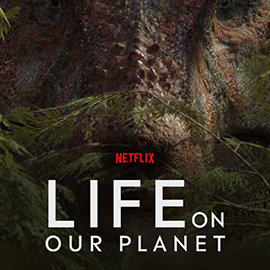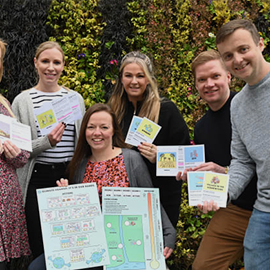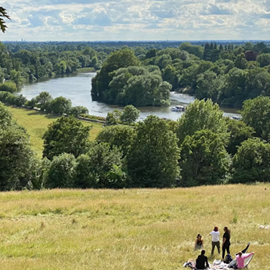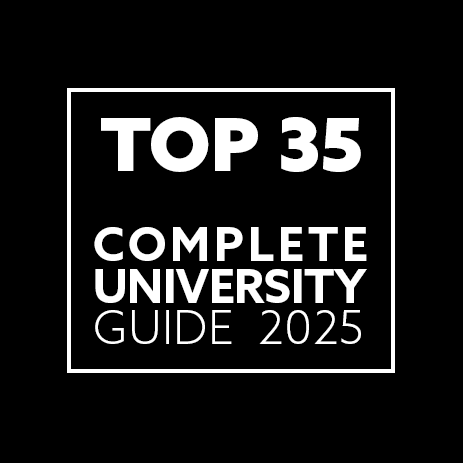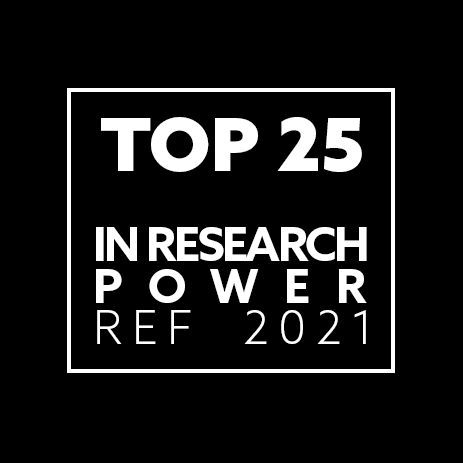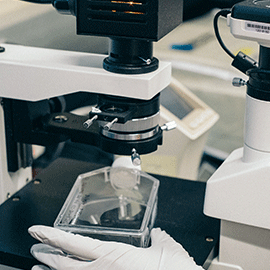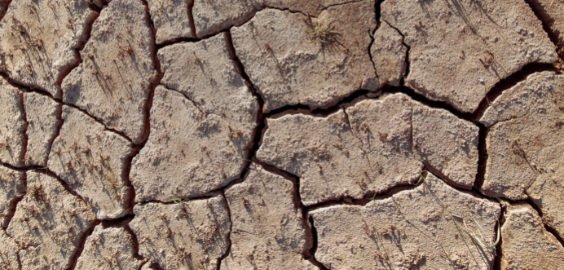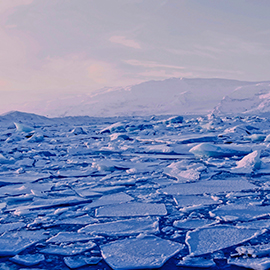Please note, the last year of entry on this course is 2025. For September 2026 entry see Physical Geography BSc.
Explore the processes and phenomena that impact our world and our future.
Dealing with diverse topics ranging from the top of the earth’s atmosphere to the ocean floor, our BSc (Hons) Physical Geography degree is a specialised course that focuses solely on the physical sciences and how they apply to our surroundings.
Through teaching delivered by our internationally recognised academics, you will not only be learning about research but actively taking part as a researcher. Throughout this course you will learn how to map, monitor and understand the physical world by undertaking regular day and residential field trips within the UK and Europe. You will also have the option to complete a semester-based or year-long work placement, allowing you to put all of your recently acquired skills into practise.
Why choose Northumbria to study Physical Geography?
Research Powerhouse: Geography
and Environmental Studies at Northumbria is ranked 2nd for research power in
the UK (REF, 2021). This is a rise of 39 places compared to 2014.
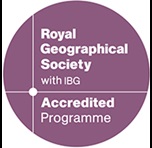
Quality Teaching: Geography
& Environmental Science at Northumbria is ranked top 10 in the UK for
Teaching Quality & Student Experience (Times Good University Guide, 2025).
Accredited degree programmes contain a solid academic foundation in geographical knowledge and skills, and prepare graduates to address the needs of the world beyond higher education. The accreditation criteria require evidence that graduates from accredited programmes meet defined sets of learning outcomes, including subject knowledge, technical ability and transferable skills.
See other similar courses you may be interested in: Environmental Science, Geography BSc
 Option for Placement Year
Option for Placement Year Option for Study Abroad
Option for Study Abroad



